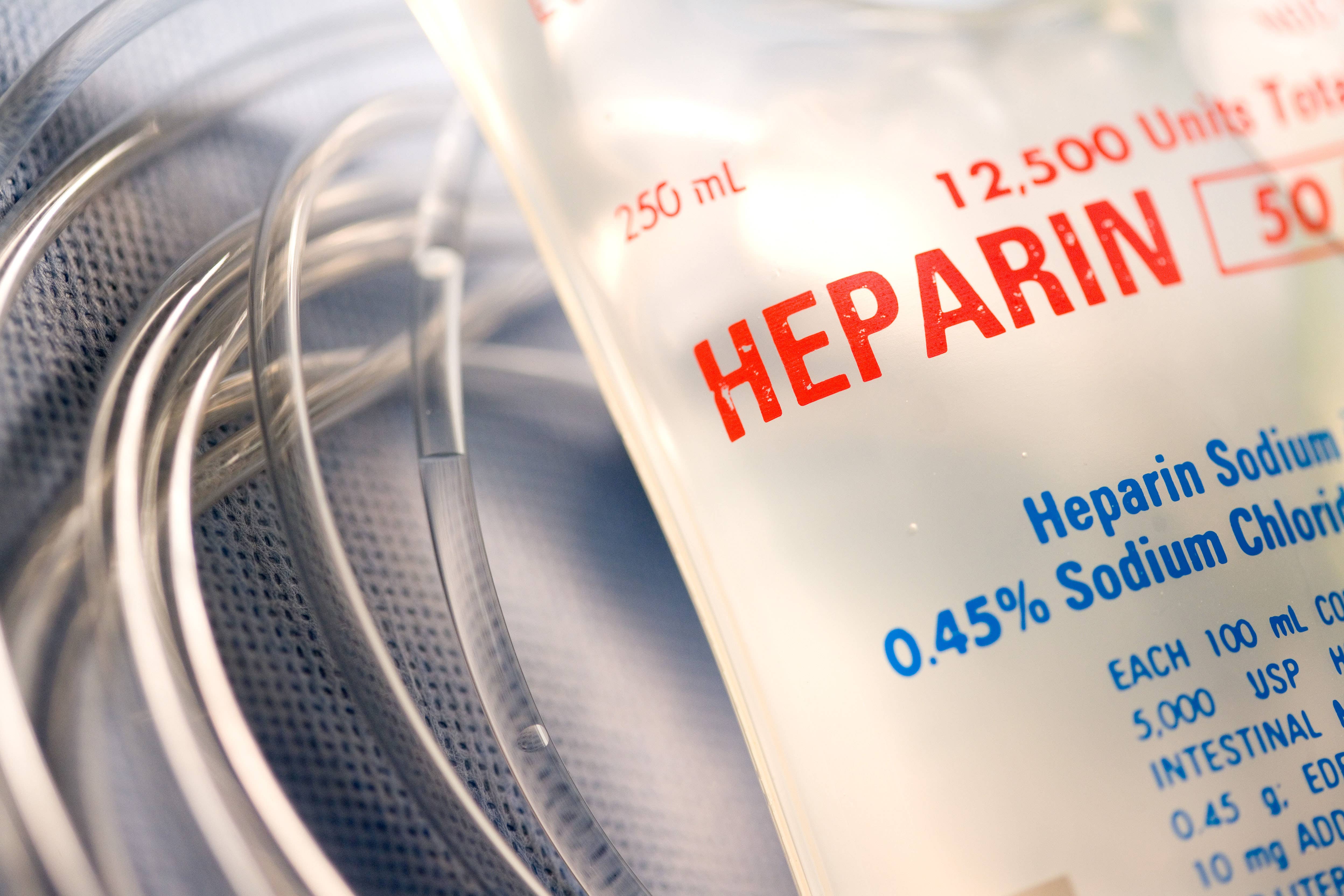Blood thinners do not reduce miscarriage risk, new study suggests
Researchers are advising doctors to stop offering the blood thinner Low Molecular Weight Heparin (heparin) to patients with inherited thrombophilia.

A drug commonly prescribed to pregnant women with an inheritable blood clotting condition and a history of recurrent miscarriage does not help to reduce their miscarriage risk, new research has found.
Researchers are advising doctors to stop offering the blood thinner Low Molecular Weight Heparin (heparin) to patients with inherited thrombophilia.
The condition results in blood having an increased tendency to form clots in veins and arteries.
Researchers suggest that stopping screening for inherited thrombophilia and ending the use of heparin as a treatment for these patients could save the NHS around £20m per year.
Research now shows that this screening is not needed, the treatment isn’t effective, and it is giving false hope to many by continuing to offer it as a potential preventive treatment
Additionally, they argue that continuing to offer the medication offers false hope of it potentially being a preventative treatment.
A new study funded by the National Institute for Health and Care Research (NIHR) and published in The Lancet indicates that a daily injection of heparin does not improve the chance of a live birth for patients who have previously had two or more miscarriages and confirmed inherited thrombophilia.
It is estimated that this would affect around 50,000 couples per year in the UK.
Siobhan Quenby, professor of obstetrics at the University of Warwick and deputy director of the Tommy’s National Centre for Miscarriage Research, said: “Based on these findings, we don’t recommend the use of Low Molecular Weight Heparin for patients with recurrent pregnancy loss and confirmed inherited thrombophilia.
“We also suggest that screening for inherited thrombophilia in patients with recurrent pregnancy loss is not needed.
“Patients and doctors will always value knowing about any factor which could be associated with recurrent miscarriage, but the association between inherited thrombophilia and recurrent miscarriage isn’t proven: a recent review of research showed that thrombophilia is as common in the general population as it is in patients with recurrent miscarriage.
“Around the world many of those who suffer with recurrent miscarriage are tested for inherited thrombophilia and are treated with heparin daily.
“Research now shows that this screening is not needed, the treatment isn’t effective, and it is giving false hope to many by continuing to offer it as a potential preventive treatment.”
The study recruited people from 40 hospitals in the UK, Netherlands, US, Belgium and Slovenia.
Some 326 patients with inherited thrombophilia and recurrent miscarriage were split into two groups – 164 received heparin across the course of their pregnancy, starting from as soon as possible after a positive pregnancy test and ending at the start of labour.
Meanwhile, 162 were not offered the medication.
All participants received standard obstetrician-led care and all were encouraged to take folic acid.
According to the findings, the rate of live births for each group was roughly the same – 116 (71.6%) treated with heparin had a baby born alive after 24 weeks of pregnancy.
And 112 (70.9%) in the standard care group had a baby born alive after 24 weeks.
Researchers also found that the risk of other pregnancy complications, such as miscarriage, babies with low birth weight, placental abruption, premature birth or pre-eclampsia, was about the same for both groups.
As expected, bruising easily was reported by 73 (45%) of people in the group taking heparin (mostly around injection sites) and only 16 (10%) in the standard care group.
More than a quarter (28%) of those who took part in the trial lost their pregnancies, and these unexplained losses will be the focus of further study.
Bookmark popover
Removed from bookmarks